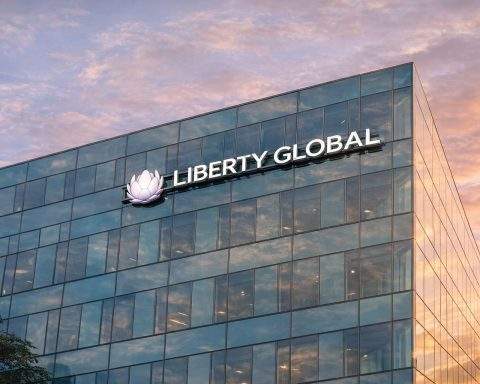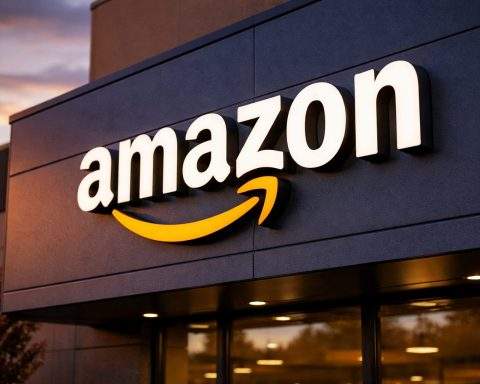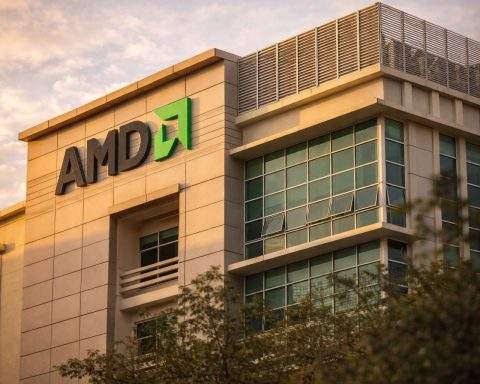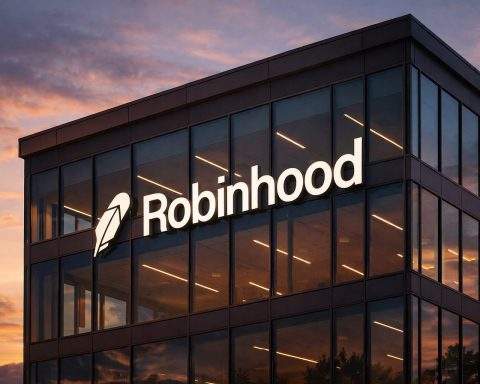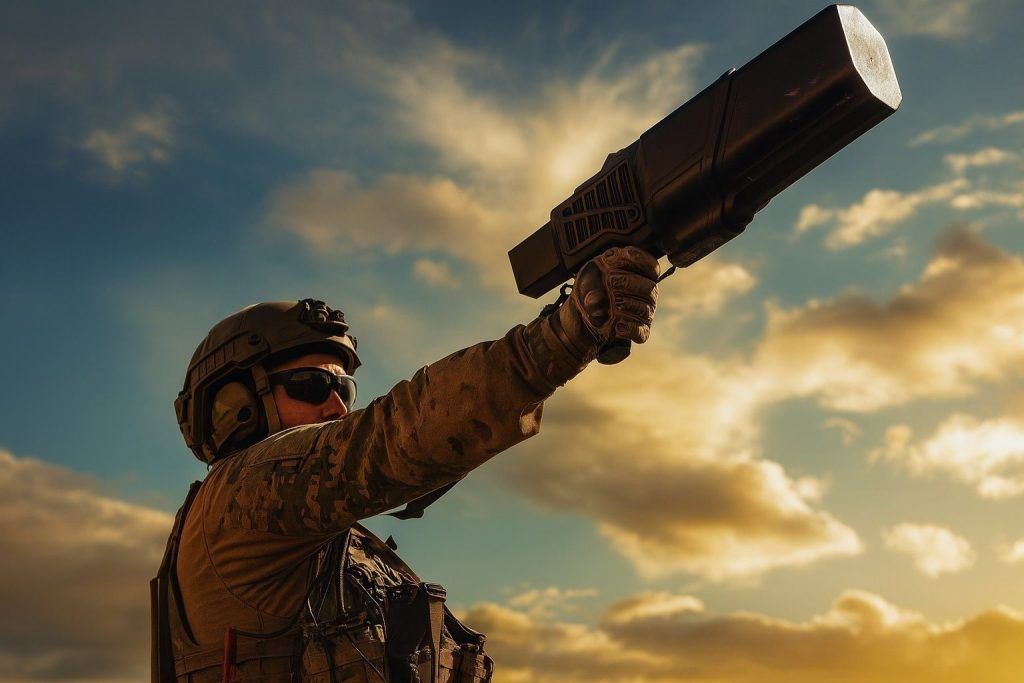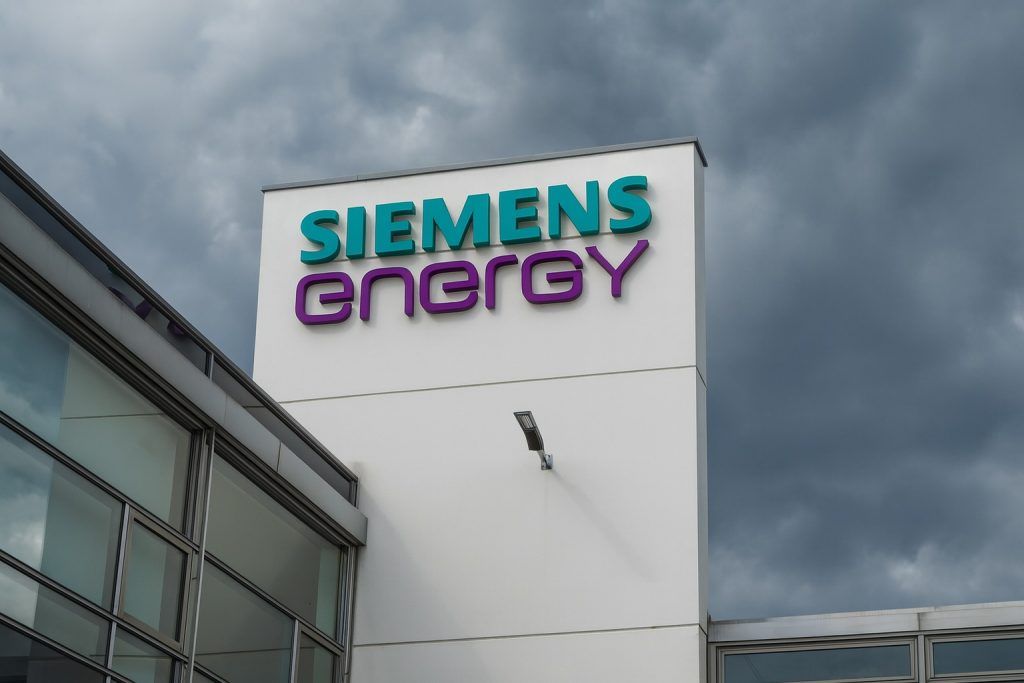- Record buyout – Electronic Arts (EA) has agreed to be taken private in a $55 billion leveraged buyout (LBO) led by Saudi Arabia’s Public Investment Fund (PIF), private‑equity firm Silver Lake and Jared Kushner’s Affinity Partners reuters.com. The deal will pay $210 per share, a 25 % premium over EA’s pre‑announcement stock price 1 .
- Financing structure – The consortium will provide $36 billion in cash and finance $20 billion in debt via JPMorgan reuters.com. EA’s assets—not the investors’—will secure the new debt 2 .
- Timing and leadership – EA’s board approved the deal in April 2025. The transaction is expected to close by June 2026 (EA’s 2027 fiscal year), pending shareholder and regulatory approvals. CEO Andrew Wilson will remain, and the company will stay headquartered in Redwood City, California reuters.com 3 .
- Strategic rationale – Supporters say going private will allow EA to invest in long‑term projects without quarterly earnings pressure. Analysts note the company’s strong sports franchises and see opportunities to invest in live‑service titles and new technologies 4 .
- Concerns – Critics warn that the huge debt burden could lead to cost‑cutting, layoffs and conservative game development apnews.com. Human rights groups decry the deal as part of Saudi Arabia’s sportswashing, noting the kingdom’s poor record on rights and potential influence on game content gamefile.news 5 .
Background: The Deal and Its Mechanics
Electronic Arts, the publisher behind EA Sports FC, The Sims, Battlefield and other franchises, agreed to be taken private in a transaction valued at $55 billion—the largest leveraged buyout in history reuters.com. Under the terms, a consortium led by the Saudi sovereign wealth fund PIF will purchase all outstanding shares for $210 each, representing a 25 % premium over EA’s share price before the announcement reuters.com. Silver Lake and Affinity Partners will co‑invest. The financing relies on $36 billion in equity and $20 billion of debt provided by JPMorgan, meaning the new owners borrow against EA’s future cash flows 6 .
Why Now?
EA has long been considered a prime takeover target thanks to its portfolio of evergreen sports titles that generate predictable income through annual releases and live‑service microtransactions reuters.com. The consortium’s backers argue that taking the firm private will allow management to invest in riskier projects like original IPs or advanced AI technology without pressure from quarterly earnings calls. Andrew Wilson told employees the new partners bring “deep experience across sports, gaming and entertainment” and have “conviction in our people and long‑term vision”.
Silver Lake previously invested in Unity Software and has ties to former EA CEO John Riccitiello gamefile.news. Jared Kushner’s Affinity Partners, though new to gaming, claims a personal connection to EA’s products; Kushner said he grew up playing EA games with his children gamefile.news. The PIF, meanwhile, has invested billions in global gaming through its subsidiary Savvy Games Group, acquiring stakes in SNK, Nintendo, Capcom, Scopely and the esports platform ESL FACEIT【688079318911093†L108-L170】.
Financing and Risk
Leveraged buyouts use borrowed money to magnify returns. In this deal, $20 billion in new debt will be secured by EA’s assets and cash flows, not by the investors’ personal balance sheets pcgamer.com. As PC Gamer’s Karee Venema explains, such debt can burden companies because lenders “collateralize the loan with the acquired company’s assets” pcgamer.com. Private‑equity buyers often charge management fees and sometimes sell off company assets to recoup investments; Toys “R” Us became a cautionary tale when its LBO-driven debt led to bankruptcy 2 .
Reuters Breakingviews estimates that the consortium’s $36 billion equity stake could deliver an internal rate of return (IRR) of around 10 % if EA’s revenue grows roughly 5 % annually reuters.com. Achieving a 19 % IRR would require faster growth similar to peers like Take‑Two, raising questions about the investment’s upside 7 .
Reactions From Industry and Analysts
Optimistic Takes
Some analysts view the deal as a long‑term growth opportunity. Freed Capital’s Nick McKay says the buyout gives EA “the freedom to take more long‑term risks” and allows management to ignore short‑term share price pressures apnews.com. TD Cowen’s Doug Creutz suggests the price is fair given the company’s current prospects apnews.com. Joost van Dreunen of New York University notes that sovereign funds like PIF are among the few investors capable of financing blockbuster games in an era where budgets can exceed $200 million mobilegamer.biz. Going private could reduce dependence on microtransactions because abundant capital might allow more generous monetization strategies 8 .
Skepticism and Fears of Layoffs
Many industry observers are wary of the enormous debt. Nicholas Lovell, a consultant and author of The Curve, warns that with roughly $20 billion in debt, “cash flows are going to fund servicing the debt rather than investment in new games,” predicting job losses and conservative investment mobilegamer.biz. Eric Kress of Gossamer Consulting calls the deal “bad for the industry” because it reduces transparency and liquidity and sees the 14 % premium as low 9 .
Aftermath, an independent games publication, argues that LBOs have a history of leading to layoffs and creative stagnation. It points to the collapse of Toys “R” Us and Party City after private‑equity buyouts and worries that EA might cut projects, double down on safe franchises and integrate AI aggressively to boost margins aftermath.site. The company already laid off 5 % of its staff in 2024; Ben Schneider of Worcester Polytechnic Institute cautions that the $20 billion debt could force further cuts and project cancellations 10 .
Gamer Concerns
PC Gamer reports that fans and developers fear the buyout will worsen EA’s reliance on microtransactions and exploitative monetization pcgamer.com. Gamers worry that private equity will focus on profits over creativity, potentially leading to risk‑averse decision‑making and repetitive annual releases. Critics also cite PIF’s human rights record: Human Rights Watch warns that Saudi investments in entertainment aim to “whitewash” the kingdom’s image after the murder of journalist Jamal Khashoggi and ongoing repression gamefile.news. Some fear that Saudi ownership may influence content; Saudi authorities have previously censored LGBTQ representation in esports tournaments gamefile.news, raising questions about future games like The Sims and Dragon Age that pride themselves on inclusivity 5 .
Broader Context: Saudi Arabia’s Gaming Strategy and Sportswashing Allegations
Saudi Arabia, under Crown Prince Mohammed bin Salman (MBS), is investing billions to diversify its oil‑dependent economy. The PIF has earmarked $38 billion to expand its gaming footprint and has already bought or invested in companies like Savvy Games Group, SNK, Take‑Two (6.5 %), Capcom (6.6 %), Nintendo (4.2 %) and mobile giant Scopely【688079318911093†L108-L170】. It also funds the Esports World Cup in Riyadh and purchased esports platforms ESL and FACEIT【688079318911093†L108-L170】.
Supporters argue that gaming is a booming industry and a cultural draw for Saudi youth (nearly two‑thirds of the population is under 30) wowt.com. Investing in global franchises helps the kingdom create jobs and diversify. However, human rights organizations and activists accuse the PIF of using “sportswashing” to distract from abuses including restrictions on women, discrimination against LGBTQ people and the 2018 murder of Khashoggi 11 .
The PC Gamer article cites a U.S. State Department report detailing how the Saudi government suppresses free speech, detains critics and uses surveillance to control citizens pcgamer.com. This, combined with MBS’s control over the PIF, has sparked concern that EA’s games might face censorship or self‑censorship to avoid offending Saudi authorities. Savvy Games CEO Brian Ward says the company operates with the “values of our audience” and insists they are not engaged in an “image makeover project” gamefile.news, but skepticism remains.
Potential Industry Impact
Market Consolidation and Investor Appetite
The EA buyout follows a wave of large gaming acquisitions, such as Microsoft’s $69 billion purchase of Activision Blizzard (closed in 2023) and Take‑Two’s $12 billion acquisition of Zynga in 2022. Observers worry that heavy private‑equity activity will reduce diversity among game publishers and consolidate power among a few global investors. With fewer publicly traded publishers, developers may have fewer opportunities for funding or autonomy. Some analysts also question whether the record LBO signals a resurgence of mega‑deals reminiscent of the pre‑2008 era; Reuters notes that past LBOs like the 2007 buyout of energy firm TXU ended in bankruptcy 12 .
Creative Freedom vs. Financial Discipline
Supporters of the deal see a chance for EA to free itself from short‑term market pressures and explore innovative titles. The extra capital could allow developers to delay microtransactions, release polished games and invest in new IP. However, private‑equity owners might demand predictable returns. PC Gamer writes that management fees and sale‑leaseback agreements could siphon resources pcgamer.com. Analysts expect the new owners to double down on high‑margin sports titles and live‑service models, which could crowd out experimental or narrative‑driven games 13 .
Workforce and Workplace Culture
EA employed around 14,500 people as of March 2025 gamefile.news. Layoffs often follow LBOs because debt servicing requires cost reductions. Ben Schneider warns that the combination of a $20 billion debt and existing budget pressures may lead to more cuts, project cancellations and slower hiring apnews.com. Employees told Game File they worry the deal contradicts EA’s previous LGBTQ‑friendly stance, given Saudi policies gamefile.news. Without public shareholders, internal debates about representation may take place behind closed doors.
What’s Next?
The transaction requires approval from EA shareholders and regulators in the U.S. and other jurisdictions. A special meeting will be held to vote on the deal; a two‑thirds majority of shares is likely required. The consortium must also navigate potential antitrust reviews. With the Microsoft‑Activision deal fresh in regulators’ minds, authorities may scrutinize how the buyout affects competition, particularly as PIF already holds stakes in multiple gaming companies.
If the transaction closes as expected in June 2026, the new owners will assume control of EA’s future. Gamers and developers will watch closely to see whether the buyout brings creative reinvigoration or cost‑cutting. Saudi Arabia’s motivations—economic diversification, global influence and youth engagement—will remain under scrutiny, especially as critics challenge its human rights record. Regardless of outcome, the deal marks a turning point for one of the world’s most influential game publishers and reveals how geopolitics and private equity are reshaping the entertainment landscape.

